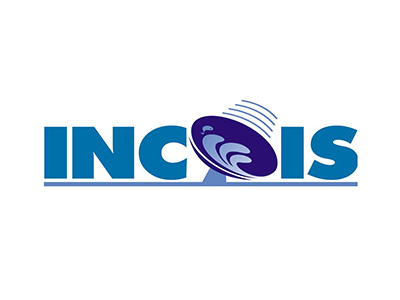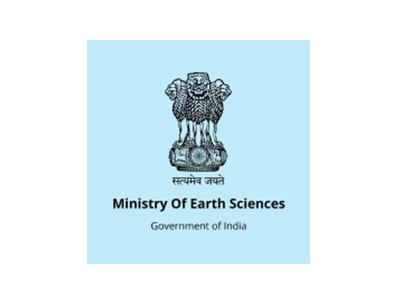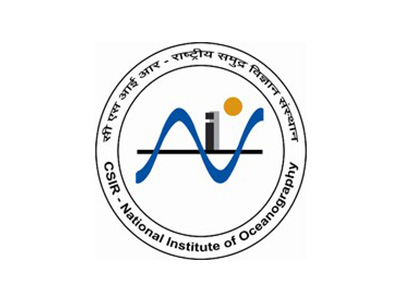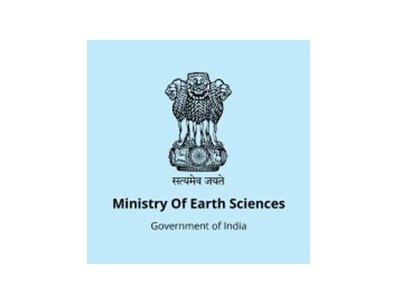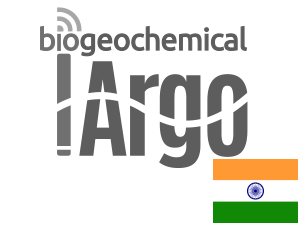- National priorities
- Projects & funding schemes
- Participating laboratories
- Funding agencies
- National contact
India's contribution to the global Biogeochemical-Argo (BGC-Argo) is coordinated within the Indian Argo program, with defined priorities as follows:
- The overall priorities of Indian BGC-Argo are set in a ratio of 1:3 for BGC-Argo to Core-Argo, contingent upon available funds from the ministry. However, adherence to the priorities set by the international BGC-Argo is pursued to the extent possible regarding variables to be acquired, float mission configuration, and addressing scientific and societal questions.
- Preferential deployment areas primarily focus on the northern Indian Ocean, with some floats allocated to the southern Indian Ocean as well. Deployment locations within these specified areas may vary based on the availability of research ships.
- Prioritizing data management is integral to both the Biogeochemical-Argo and Core-Argo programs in India. There is a strong commitment to participating in and coordinating data management meetings. Any publications or reports related to data management/quality control will be submitted to the international data management team for review and acceptance.
The Indian contribution to the international Biogeochemical-Argo is supported through the following sources of funding:
- Recurrent funding: Biogeochemical-Argo floats are procured yearly, along with Core-Argo floats, using funds from the Ministry of Earth Sciences (MoES). Scientists at INCOIS are responsible for float deployments in the northern Indian Ocean and occasionally in the southern Indian Ocean, depending on the availability of research ships. The Data Management team at INCOIS assists scientists in data access and visualization. In specific instances, such as during cyclones or specific phenomena, INCOIS may opt to change float missions (temporal and vertical resolution) for a limited period within the float's lifetime (~a few cycles) to conduct process studies. This funding scheme has been operational since 2012 (for BGC-Argo).
- Project-based funding: Occasionally, a few Biogeochemical-Argo floats are contributed by the National Institute of Oceanography (NIO), Goa, funded by various sources. Since 2010, several projects have contributed to biogeochemical-Argo time series in the northern Indian Ocean waters. For example, the Australia India Strategic Research Fund (AISRF).
- Long-term commitments: In India, Argo is organized through the Ocean Observation Network program. It is proposed to procure at least 40 floats per year through this program. This includes the procurement of BGC & Core-Argo in the ratio of 1:3. However, this commitment might change according to the actual finances received from the Ministry of Earth Sciences.
The Ministry of Earth Sciences (MoES) is the main nodal agency which funds for all the research and infrastructure including ocean observations to various institutes constituted under it to undertake research relating to ocean around India.


